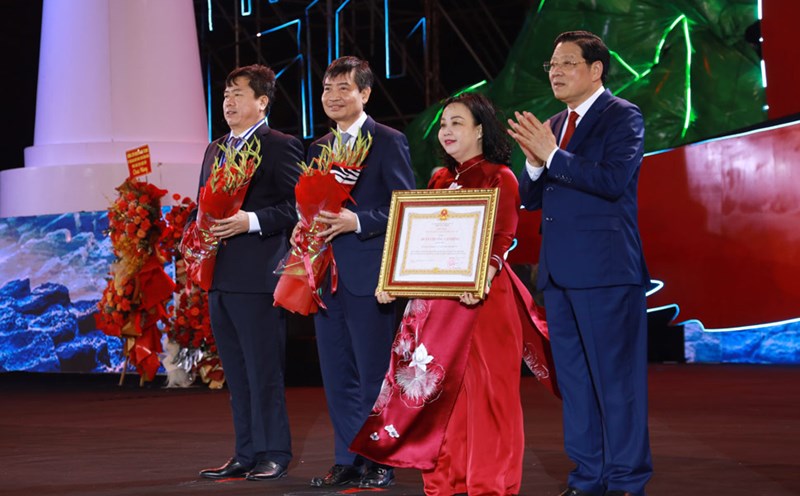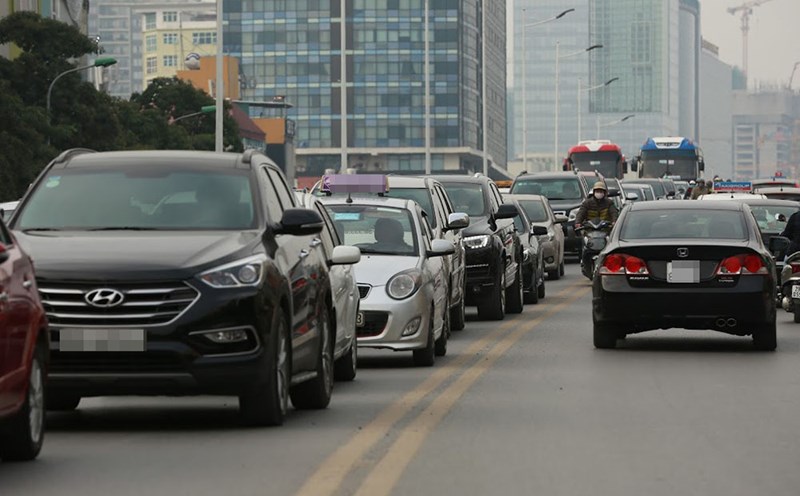In the case related to Mr. Nguyen Loc An - former Deputy Director of the Domestic Market Department (Ministry of Industry and Trade), the public pay special attention to the details of Ms. Tran Thi Loan Phuong - Chairman of the Board of Directors (BOD) Vietnam Polytechnic Company - bribed a total of 9.2 billion dong.
However, after that, Phuong herself took the initiative to apply for a complaint with Mr. An's bribes while the incident was not yet discovered by the authorities. (This is the second case, Mr. An has been criminally prosecuted in recent times. Previously, in November 2024, he was sentenced to 4 years in prison by the People's Court of Ho Chi Minh City for accepting bribes in the trans -Vietnamese Oil case).
As a result, Ms. Phuong was exempted from criminal liability, and the amount of VND 9.2 billion was confiscated by public fund.
This development raises many important issues about the strict but also very fair of the law.
First of all, Ms. Phuong's behavior was concluded by the prosecutor's agency to bring bribes. According to the Criminal Code, this is a very serious crime, especially if the amount of bribes is from 1 billion or more, the penalty frame can be up to 12-20 years in prison.
But because Ms. Phuong was actively aware of violations and voluntarily denounced in the context of "not yet discovered", she was exempted from criminal liability.
This move shows the "strict but fair but fair" spirit of the judiciary: still identifying the correct violation, but also considering the self -discipline, sincere and actively investigating to have to have appropriate decision.
Next, undeniably, one of the barriers that many businesses or individuals are afraid to face the situation "must" bring bribes, is that they are afraid of criminally handled if denounced.
Many other cases "suck on sweets", resigned to lose money in exchange for "favorable" in business or dealing with pressure from people with the right.
The decision to exempt responsibility for Ms. Phuong can become an important precedent: the law will protect and encourage the brave people to denounce, with the conditions of voluntary declaration when it has not been discovered.
That is the basis for the "victims" of demanding bribes to speak up, helping to soon expose and prevent corruption.
The case of Ms. Phuong also highlights the important role of the "time" of denunciation. If she only denounced after the incident was detected or prosecuted by the authorities, those extenuating circumstances could not be enough to help her escape.
The law clearly states: The bribe who wants to be exempted from responsibility must voluntarily denounce before the act of being discovered. Once "exposed", or "be opened", the testimony is only meaningful to support investigation, but it is difficult to become a decisive factor to eliminate criminal liability.
Although Ms. Phuong's "denunciation" action is considered a "fire fighting" situation at the last minute, it still broadcast a signal worth pondering.
The law always has a mechanism to encourage those who dare to give up mistakes and collaborate to clarify the case.
However, instead of trying to "run" or wait until it is impossible to hide to denounce, the best solution is to say "no" with any illegal demand.
Above all, building a healthy and clean business environment is a way to prevent the root of the act of bringing - receiving bribes.











